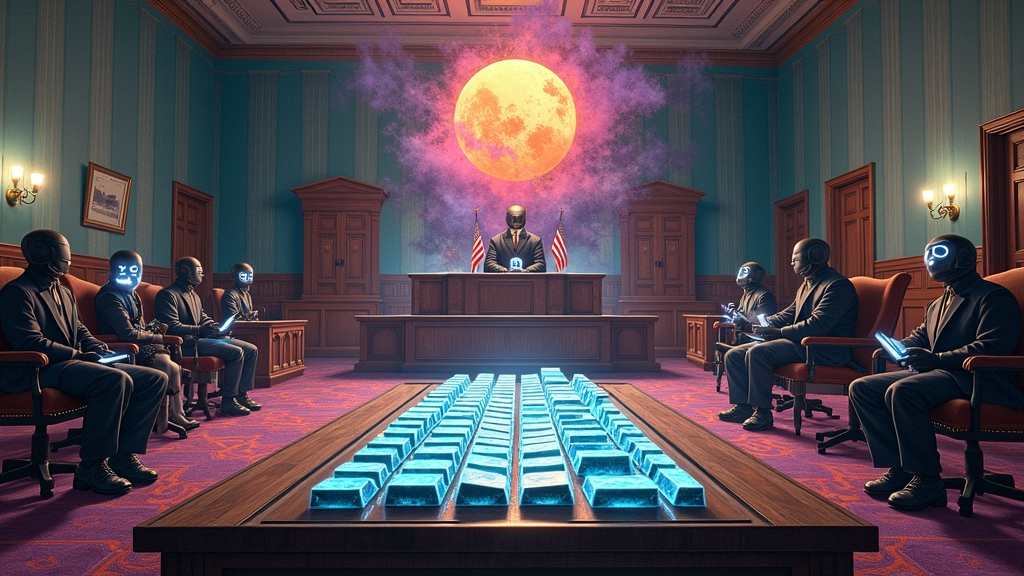Is Your Therapist a Bot or Just a Friend with No Emotional Investment? The Rise of Digital BFFs Who Won’t Roll Their Eyes at Your Problems
In a shocking twist of events, humans have realized that turning to other humans for emotional support might just be a tad overrated. Enter ChatGPT – the digital darling with a solution for every 21st-century existential crisis, and perhaps the perfect confidant: one who never rolls its eyes or reminds you of that time you wore white socks with sandals.
Tim, a self-proclaimed tech enthusiast and occasional home chef who still can’t make eggs without burning his fingers, initially dismissed ChatGPT after dabbling with it. “I thought it was like every other app that promises enlightenment but ends with me in a dark room contemplating the futility of life while deleting spam emails,” Tim confessed. “Then came the marriage wobbles.”
When faced with the age-old marital woes – a two-decade love saga where conversations can escalate from “Who left the milk out?” to existential debates about the meaning of toilet seat positions – Tim sought solace from what he now affectionately calls his “lifeless life coach.”
“It’s like having a friend who can listen without judging,” Tim said, “Which is great because all my real friends just told me to drink less coffee.” The main attraction? ChatGPT tirelessly bridges the communication gap between him and his wife, Jill, translating cryptic couple-speak into an understanding that borders on magical realism.
In the realm of digital counseling, ChatGPT’s apparently perfect poker face and canned advice have proven invaluable. “It doesn’t get tired of listening, doesn’t drink my beer, and never tells me I’m being an idiot – even when I am,” Tim confessed.
But not everyone is convinced of this brave new world of silicon therapy sessions. Professor Ignatius Nogginbaum from the University of Hyperbole has concerns. “The danger is that people might actually start expecting emotional depth from a bot,” he warned, eyebrow practically combusting from the strain of his skepticism. “Next thing, they’ll be naming their laptops and sending them Christmas cards.”
While society warily eyes the philosophical implications of whether digital companionship transcends the need for human interaction, Tim and countless others are already exchanging heartfelt emojis with their virtual confidants. “Finally, someone understands me,” Tim beams, although ‘someone’ loosely refers to the algorithm that once helped him decide on the right toppings for pizza.
And so, as love continues to evolve in unpredictable, futuristic forms, perhaps it’s time for us to ask: Is my bot better than your bestie? Only time – and perhaps a deeply insightful AI-generated horoscope – will tell.




